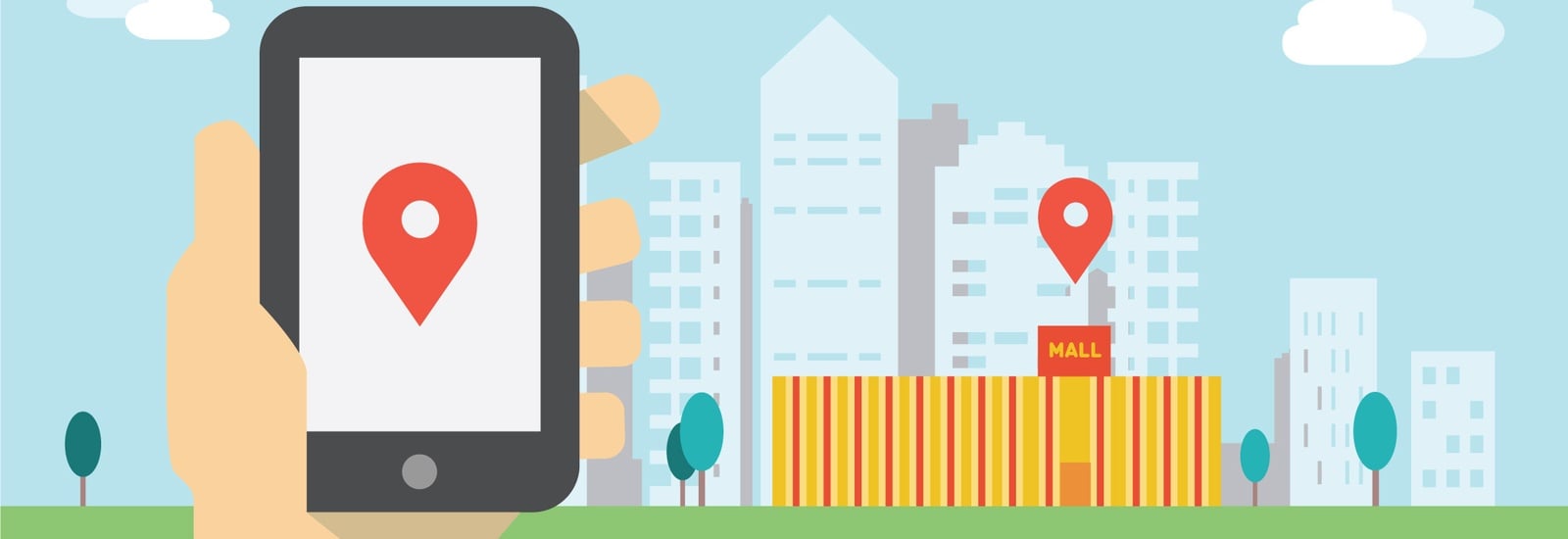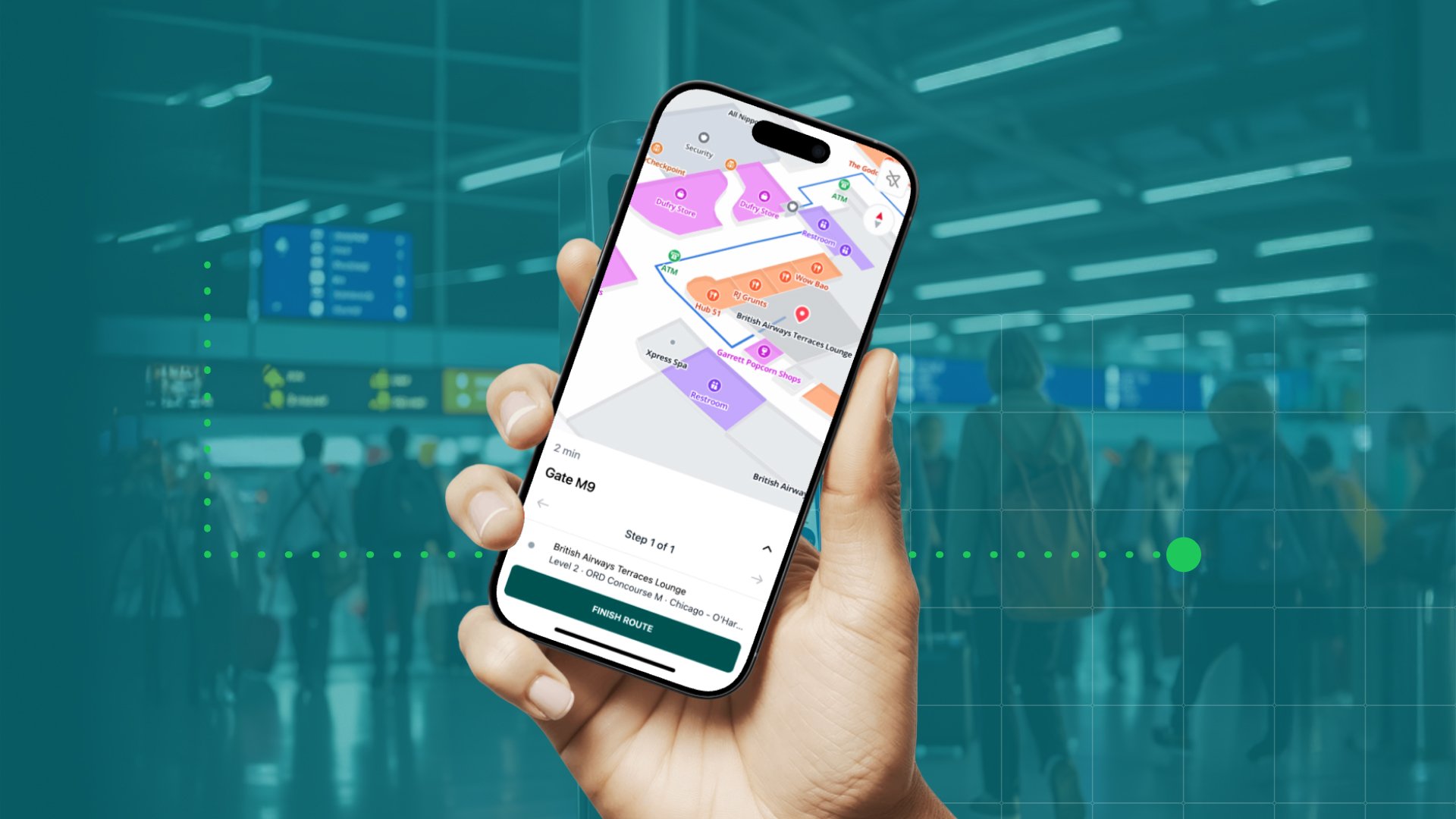You probably see them almost every day but you may not know their name. We are talking about store locators: The map you find on most online stores showing you where to find physical stores, warehouses, headquarters, etc.
However, a store locator is more than just a map you put on your website to show customers where to find your physical stores. It is about guiding online customers to your offline store, differentiating yourself from your competitors, and gaining insights.
So, whether you already have a store locator or not on your website, you should read the blog post below to make sure you are not missing out on opportunities crucial to your business.
“If It Isn’t On Google, It Doesn’t Exist”
Hard as it may sound, it is the truth. We use Google more than ever before when we seek information about, well, everything. According to Google, 2017 was the year where “new consumer behaviours emerged and a super-empowered consumer took shape”. This means, that consumers are now more curious, more demanding, and more impatient than ever before.
One of the new consumer behaviours is the right here-consumer. Today, consumers expect a very high degree of personalisation including experiences tailored to their location. Several years ago, marketers were able to deliver this type of personalization by taking the explicit cues, people gave them. If someone wanted to find a sushi restaurant, they would search for “sushi” followed by a zip code or a city name. Today, consumers expect brands to gather enough contextual information to deliver location-specific responses without them (the consumers) having to search for anything more than just “sushi”.
The right here-consumer is not just demanding and impatient, he is also dominating the google search-picture. One third of all searches on Google are location searches: nearest pharmacy, coffee shops near me, supermarkets nearby, etc. This leads us back to the headline: If it isn’t on Google, it doesn’t exist - at least not to the consumers.
So, online visibility is vital if you want your business to survive in the long run, and store locators are a great way to improve online visibility.
Guide Online Customers To Offline Stores
When people are doing local searches, it is because they have a need right here and right now. This means, that they are ready to engage with businesses that can help them find, what they need. As described in the abovementioned text, consumers turn to their smartphones whenever they seek information. So, when they search for a supermarket or a clothing store nearby and land on your website, you need to guide them to your store.
With a store locator, you get a map on your website showing people where your store(s) is(are) located. Thanks to location, the store locator is able to show the nearest store and help customers navigate by car, foot, bike, public transportation, by distance, or travel time. You can even add real time traffic and remove competitors and other points of interest, so the map only shows the things, you want customers to see.
Although directions may be the most obvious benefit of store locators, it is far from the only one. With a store locator it is also possible to georoute calls based on the callers area code, zip code or geocode. If you have several stores, you may have several phone numbers. This means that customers have to scroll through your website to find the right phone number. Alternatively, you can have the same phone number for all stores and use callers’ location to georoute calls to the nearest store.
Chances are that callers are trying to get in touch with the store nearest to them. This way, you make it easier for customers to find the right number and you reduce the time employees spend on the phone with customers who are actually looking for another department. In other words, you save time and money while increasing sales by bringing customer and products closer together.
Make it easy
As mentioned, consumers have grown impatient. With the store locator, you can help customers find what they need faster. First of all, the locator is able to autocomplete searches making it faster for people to find what they are looking for on your website. Second of all, it allows customers to see in which stores a specific item is in stock. This means that customers will never drive in vain again when they are looking for something specific.
With a store locator you can also provide (potential) customers with helpful details. For instance, restaurants and hotels can show Street View images of their spaces to give customers a taste of the ambience. Additionally, customers navigate your store with Street View, thus allowing, for example, parents prepare their route through the supermarket, so they do not have to drag tired kids around looking for the pasta aisle.
Gain Insights And Improve Your Business
If you want to take full advantage of your store locator, you can combine it with an extension to unlock insights that can take your business to the next level. With this combination, you are able to see how items are selling in the different regions. More importantly, it can show you where to locate your next store. Mobile location tells your store locator where your customers are coming from. You may find that a lot of your customers come from the same area 30 miles from the nearest store. This way, you are able spot in which areas there is a customer base for an additional store.
How do I get started?
Building a store locator is actually quite easy. A Google Maps License and Google Maps APIs are all you need. If you want to learn more about APIs and Google Maps Licenses, check this blog post.
If you want to learn more about store locators and the benefits, please reach out to our Google experts:
Toni Selvli-Buch
Regional Sales Manager, Norway and Denmark
Mail: ts[at]mapspeople.com
Samuel Lindgren
Regional Sales Manager, Sweden and Finland
Mail: sli[at]mapspeople.com
Jesper Smalbro Holdensen
Sales Manager, Google Maps, United States
Mail: jsh[at]mapspeople.com
April 12, 2018



.png)